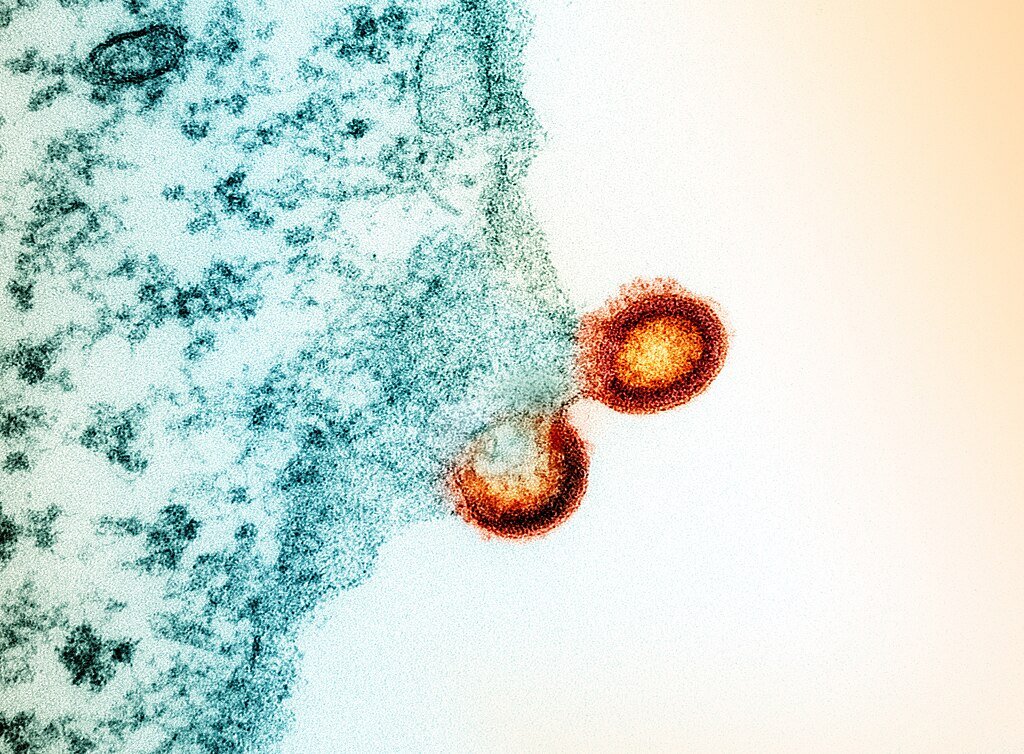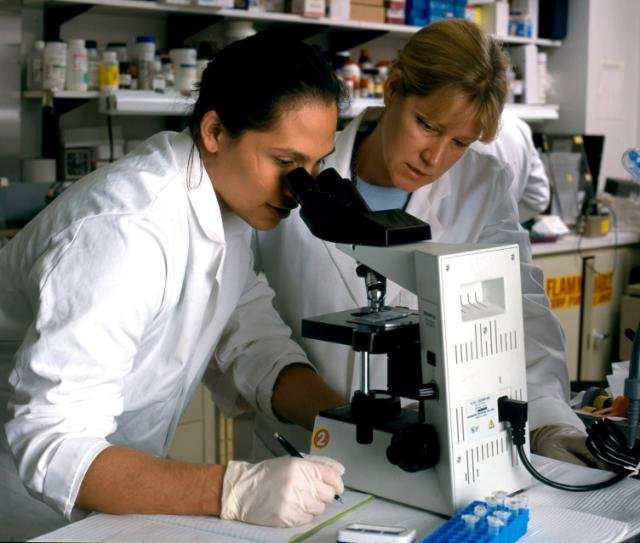In a first-ever milestone, Africa’s initial HIV cure trial has yielded historic findings: 20% of patients have remained off antiretroviral therapy (ART) for over a year and a half and have the virus under control. The trial, conducted in Durban, South Africa, tested a new immunotherapy approach that seeks to eliminate latent HIV reservoirs and allow the immune system to keep the virus at bay without a lifetime of medication. Presented in 2025 at the Conference on Retroviruses and Opportunistic Infections (CROI), the research provides a hint of the promise of a future when HIV will no longer equate to a lifetime on pills and when African-led science is redefining science globally.
A Radical Approach: Combining Early Treatment and Immune Boosters

In contrast to conventional HIV treatments that suppress the virus for life, this trial sought a functional cure in which the body itself maintains HIV at bay. Researchers recruited 20 women (an important focus, since women are frequently left out of cure research) and began them on ART within days of infection, before the virus could get a chance to establish long-term reservoirs.
When viral levels receded, subjects were given two powerful immune-boosting medicines: vesatolimod (an investigational treatment that triggers antiviral immune response) and pembrolizumab (a cancer immunotherapy). Why? To “awaken” sleeping HIV embedded in cells and charge the immune system to target it.
The Results: Four Women Defy Expectations
After carefully stopping ART under medical supervision, six participants (30%) controlled the virus without medication for nearly a year. Even more striking, four women (20%) maintained suppression for the entire 55-week trial and have now remained drug-free for an average of 1.5 years post-study.
“This isn’t a cure for everyone, but it’s a roadmap,” says Professor Thumbi Ndung’u, lead scientist at the Africa Health Research Institute. “These responders teach us what’s possible and how to replicate it.”
Why This Trial Is a Game-Changer for Africa
HIV cure research has long been dominated by wealthy nations, yet Africa bears the world’s highest burden (25.6 million people living with HIV in 2024). This trial proves such studies can succeed in resource-limited settings and must.
“Science shouldn’t just happen for Africa, but in Africa, by Africans,” emphasizes Ndung’u. The trial’s design also addressed a glaring gap: women comprise 63% of new HIV infections in sub-Saharan Africa but are just 11% of cure trial participants globally.
The Science Behind the Success
The four “elite controllers” likely succeeded due to a unique immune response:
- Early ART limited viral reservoirs.
- Immunotherapy enhanced T-cell and antibody production.
- Genetic factors (common in some African populations) may have helped.
“These women’s immune systems didn’t just suppress HIV they outsmarted it,” says Dr. Nina Derby of the Ragon Institute.
Challenges and Next Steps
The approach failed for 80% of participants, underscoring HIV’s complexity. But researchers are already decoding why:
- Viral reservoirs may have been too entrenched in non-responders.
- Individual immune differences play a key role.
Planned Phase II trials will test modified protocols, including longer immune-boosting regimens.
A Turning Point for Global HIV Research

This trial shifts the paradigm in three ways:
- Functional cures are feasible and may not require eradicating every last virus.
- Global equity in science is achievable; Africa is now leading, not following.
- Women’s inclusion is non-negotiable for effective solutions.
As the four women continue thriving off ART, the world watches and hopes.
“This isn’t the end,” says Ndung’u. “It’s the beginning of the next fight.”
Key Stats at a Glance
- 20% of trial participants are drug-free for 1.5+ years.
- 55 weeks: Duration of the initial trial.
- 63% of new HIV infections in Africa affect women.
- 25.6 million: People living with HIV in Africa (2024).
*Metric equivalents: 55 weeks = ~1.06 years; viral suppression defined as <50 copies HIV RNA/mL blood.*
Final Thoughts:
This trial’s legacy isn’t just scientific, it’s a testament to who gets to shape medical history. For the first time, Africa isn’t just waiting for a cure. It’s building one.
Sources:

Jan loves Wildlife and Animals and is one of the founders of Animals Around The Globe. He holds an MSc in Finance & Economics and is a passionate PADI Open Water Diver. His favorite animals are Mountain Gorillas, Tigers, and Great White Sharks. He lived in South Africa, Germany, the USA, Ireland, Italy, China, and Australia. Before AATG, Jan worked for Google, Axel Springer, BMW and others.




